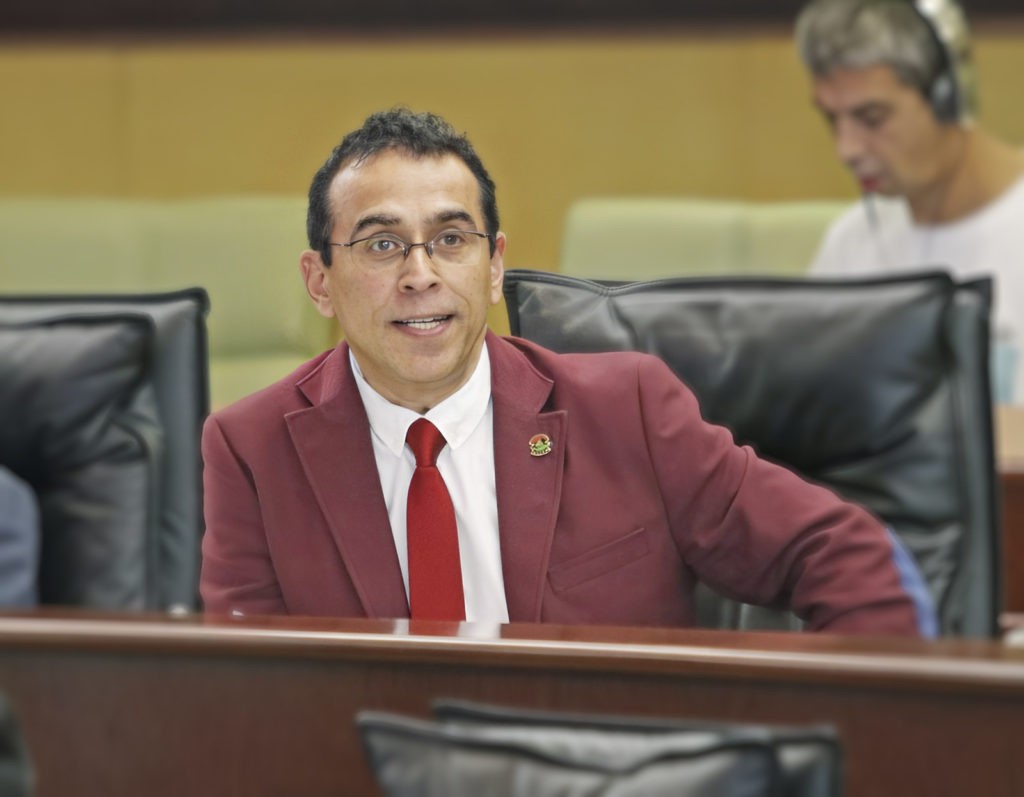
Is it not the government that should take full responsibility for the socio-economic impact of dozens of years of lack of regulation and poor supervision of the gaming industry? In Macao, and after a period of about three years in which pandemic restrictions that were extremely negative for the local economy were implemented and worsened by the global financial crisis, the excessive damage caused in the territory by these phenomena is visible. There have been extraordinarily negative repercussions on people’s quality of life, namely the bankruptcy of numerous Small and Medium-sized Enterprises (SMEs), deterioration of the labour market, and the consequent disappearance of thousands of jobs.
The impact has become extensive for young graduates, who face a relevant obstacle to their entry into the labour market, due to the incompatibility of their academic qualifications with the available job offers. At present, they merely engage in informal, precarious and sporadic activities and jobs (many of them opting to transport goods across borders) to contribute to the family’s livelihood.
The decline in gambling revenues has also harmed the most vulnerable groups in society, affecting the quality of their lives and that of their families. In these groups also include single-parent families, who continue to be highly harmed due to unemployment and the decrease in gaming revenues from operators, who have a legal responsibility to support these needy families.
This social and economic crisis, while on the one hand a result of the lack of diversification of Macau’s economy, which is essentially dependent on the tourism and gaming sectors, is also the result of a decades-long historical process of regulatory failure and poor oversight of the gaming industry.
Many professionals and especially the talented and experienced young people in the gaming industry, who were unemployed, had to look for other job opportunities outside Macao where they could apply their knowledge and experience after long years of serving the gaming industry, the main source of revenue for the Macao government.
The chronically ill workers face enormous difficulties in paying their fixed expenses every month, and face a high and imminent risk of being dismissed and replaced by non-resident and unskilled workers, who are subject to lower wages, rights and benefits than local workers. This situation also hampers the entry of young people from Macao into the labour market. Their future is uncertain because they have to take high risks due to the unpredictability and insecurity of their jobs, which have a direct impact on the livelihood of their families, bank repayments and monthly house rents.
At the end of this academic year, about three thousand students will graduate and, due to structural unemployment, they will be faced with the prospect of indefinite unemployment, and it will not be easy to change this situation in view of the drastic changes that have occurred in the gaming sector, directly compromising the development of the territory, due to the shortage of job offers for the number of candidates, and the decrease in hiring of young people in the Civil Service and in the Gaming Concessionaires, which will cause the exodus of these local talents.
In the business sector, in addition to SMEs going through a difficult period of slow economic recovery, and having to face unfair competition from larger companies with privileged access to resources and infrastructures, and with whose salary offer they cannot compete, they are now faced with the speculative increase of shop and establishment rents.
In this context, many citizens believe that it is urgent and necessary to implement measures such as a) the allocation of the eight thousand patacas, inserted in the electronic cards for local consumption; b) the urgent granting of the ten thousand patacas cash compensation c) to credit the non-compulsory central welfare fund of seven thousand patacas, which the Government has not injected into the Central Welfare Fund since 2020, to the accounts of the elderly in order to guarantee their survival, dignity and welfare; and d) to update the retirement and survivor’s pensions and various allowances of the elderly, disabled and children with special needs in accordance with the increase in the cost of living.
*Macao Civil Service Employees’ Association



